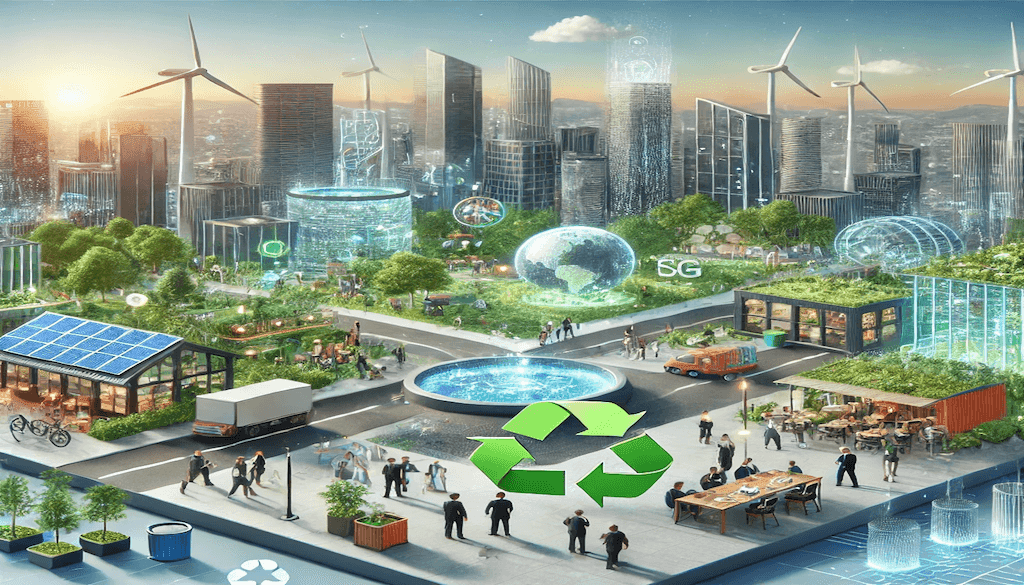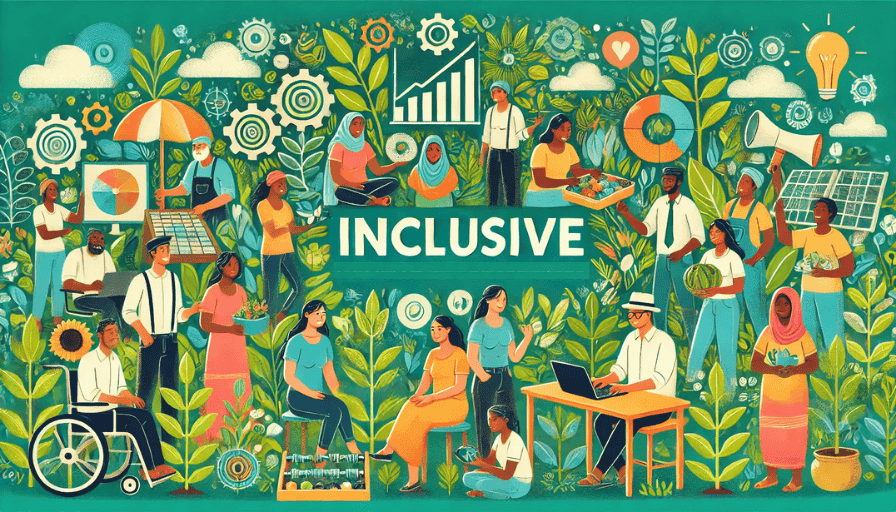As sustainability moves from being a buzzword to a business imperative, staying ahead of emerging trends is no longer optional. Businesses across sectors are recognizing that integrating sustainable practices not only mitigates risks but also unlocks new opportunities for growth, profitability, and resilience.
In this article, we explore the top emerging trends in sustainability, supported by compelling data and insights that will help your business navigate and thrive in this transformative era.
1. Net-Zero Targets Are Becoming Non-Negotiable
Global commitments to achieve net-zero carbon emissions are accelerating. According to the Net Zero Tracker 2023, over 90% of the global economy is now covered by net-zero pledges, up from 68% in 2020. For businesses, this trend translates into a growing need for decarbonization strategies across supply chains and operations.
Key Action: Develop a clear roadmap for reducing Scope 1, 2, and 3 emissions. Tools like life-cycle assessments (LCA) and carbon accounting software can be game changers.
2. The Circular Economy: From Waste to Wealth
The circular economy model is redefining how businesses approach resources. A study by Ellen MacArthur Foundationsuggests that transitioning to a circular economy could unlock $4.5 trillion in economic opportunities by 2030. Industries like fashion, electronics, and packaging are leading the charge by innovating with reusable, recyclable, and compostable materials.
Key Action: Adopt circular design principles, invest in reverse logistics, and build partnerships to ensure the recycling and reuse of materials.
3. ESG Investment Is Gaining Momentum
Environmental, Social, and Governance (ESG) criteria are reshaping investment priorities. ESG-focused assets are projected to grow to $50 trillion by 2025, comprising one-third of global assets under management (Bloomberg Intelligence). Companies with strong ESG practices are outperforming their peers, both in terms of financial returns and investor appeal.
Key Action: Strengthen ESG disclosures and align business strategies with globally recognized frameworks like GRI, SASB, and TCFD.
4. Sustainability-Driven Innovation Is Scaling
Sustainable innovation is at the heart of competitive advantage. From renewable energy technologies to sustainable agriculture and green buildings, investment in green tech is surging. The global green technology and sustainability market is expected to reach $74.64 billion by 2030, growing at a CAGR of 21.6% (Allied Market Research).
Key Action: Encourage R&D in sustainable products and processes, and consider green certifications to enhance credibility.
5. Sustainable Supply Chains Are in Demand
Consumers are demanding transparency and sustainability in supply chains. According to a Capgemini Research Institute survey, 79% of consumers are changing purchase preferences based on sustainability practices. Businesses that ensure fair labor practices, ethical sourcing, and waste reduction are gaining customer loyalty and brand value.
Key Action: Conduct supply chain audits and adopt blockchain technology to enhance traceability and accountability.
6. Regulatory Pressure and Incentives Are Intensifying
Governments worldwide are tightening environmental regulations while also introducing green incentives. For instance, the European Union’s Green Deal aims to achieve climate neutrality by 2050, with a $1 trillion investment plan. Similarly, India’s Perform, Achieve, and Trade (PAT) scheme encourages energy efficiency across industries.
Key Action: Stay updated on regulatory changes, and leverage government grants and subsidies for sustainable projects.
7. Green Financing Is Opening New Avenues
Sustainability-linked loans and green bonds are becoming mainstream, enabling businesses to access capital at preferential rates. The global green bond market reached $621 billion in 2023 (Climate Bonds Initiative), a testament to the growing financial opportunities in sustainability.
Key Action: Collaborate with financial institutions to secure green financing for sustainability initiatives and energy efficiency projects.
Why Sustainability Is Good Business
Businesses that embrace sustainability are reaping tangible benefits:
- Revenue Growth: Sustainable products accounted for 55% of growth in CPG companies from 2015 to 2021 (NYU Stern Center for Sustainable Business).
- Cost Savings: Energy efficiency initiatives can cut costs by up to 25%.
- Brand Loyalty: 73% of millennials are willing to pay more for sustainable products (Nielsen).
Future-Proof Your Business with Dev Support Private Limited
At Dev Support Private Limited, we help businesses navigate the complexities of sustainability. From crafting net-zero strategies to implementing ESG frameworks and securing green financing, our consulting services are designed to create lasting value.
Stay ahead of the curve—partner with us to align your business with the future of sustainability.
Contact us today to learn more!





